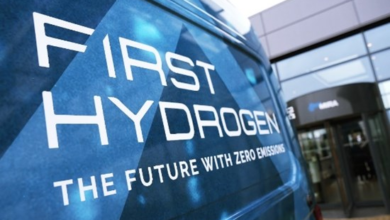PowerCell joins project Camelot; Tec4fuels develops mointinrg system for electrolysis process
Demand for hydrogen-electric solutions is on the rise in an increasing number of applications.

PowerCell Sweden AB has joined the coordinated European development project Camelot, which aims to produce material for fuel cells of the future.
The project’s objective is to produce a new generation of membrane electrode assemblies (MEA), a central component in a fuel cell that is essential for its service life, power production and efficiency. PowerCell Sweden is experienced in developing technologies under industry-wide European development projects.
Camelot brings together participants from several European countries and has received funding from the Fuel Cells and Hydrogen 2 Joint Undertaking (FCH JU). Other project participants include leading research institutions, universities and industrial companies, such as BMW.
Richard Berkling, CEO of PowerCell Sweden AB, said, “This type of cooperation is very important for our long-term technological development since it challenges and acts as a driving force, thereby generating increased understanding and greater expertise in applicable technological developments.”
Tec4fuels GmbH and Dechema Research Institute
Tec4fuels GmbH and Dechema Research Institute developed a fluid condition monitoring system to monitor the quality of the water used in the electrolysis process. This will ensure the performance and economic efficiency of electrolysers to produce green hydrogen.
The project partners want to combine different existing purification methods of process water and develop them further so that they are electrolyser-specific and suitable for optimised operation on an industrial scale. The purified process water should be reusable in electrolysis and have higher system efficiency.
The joint project is part of the hydrogen lead project H2Giga of the German Federal Ministry of Education and Research, in which more than 130 companies and research institutions are researching and developing processes for the production of green hydrogen on an industrial scale.
